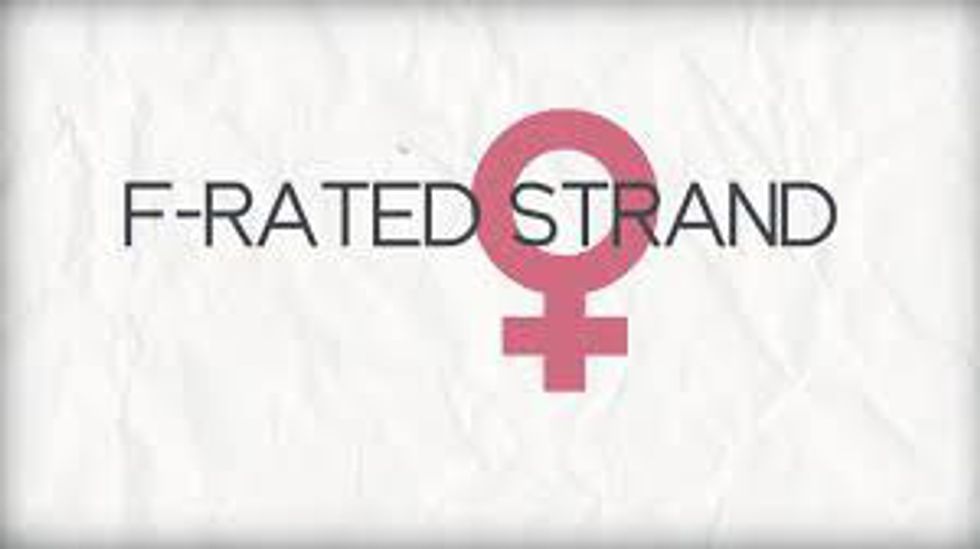The "F" word has a whole new meaning now. If you've ever forgotten the name of an actor or wanted to see what movie so-and-so was in, you may have turned to the website IMDb for information. This well-known website has everything from movie summaries to detailed lists of every project an actor or actress has ever worked on. And now, IMDb is adding something new called an "F" rating. Created in 2014 by Holly Tarquini, this rating was originally used at the Bath Film Festival in the United Kingdom.
The purpose of the rating is to identify and celebrate films that meet any of three specific criteria. To earn this rating a movie must be directed by a woman, written by a woman, or "feature significant women on screen in their own right." It was inspired by the Bechdel Test, which passes TV, films, and books if they feature two or more women discussing something other than a man.
Since it's inception, more 40 film festivals and theater chains have also adopted this rating to encourage recognition of the work women do not only in front of the camera, but behind the camera as well. Of its 4.1 million titles, IMDb has given more than 22,000 films an F-rating so far. Even more selective is the triple F-rating, which is given to films that meet all the criteria the rating sets forth. Notable movies that have passed this test include the classic hit Clueless, Pixar's animated movie Brave, book-turned-movie Wild, and the third movie of the Bridget Jone's Trilogy, Bridget Jone's Baby.
IMDb's addition of this rating is a small, but important step in international efforts to get more females involved in the film-making process, not only as female leads but as directors, writers and producers. In a study done on the top 250 movies of 2015, just 3.6 percent of Hollywood directors and 4.4 percent of writers were women. Even the smallest sign of change is encouraging, but no one wants to stop there. "But our real goal is to reach the stage when the F-Rating is redundant because 50 percent of the stories we see on screen are told by and about film's unfairly under-represented half of the population: women," the F-rating's creator Tarquini said in a statement after the rating's creation. Her goal is not an easy one, but it very well should be worth it.



















